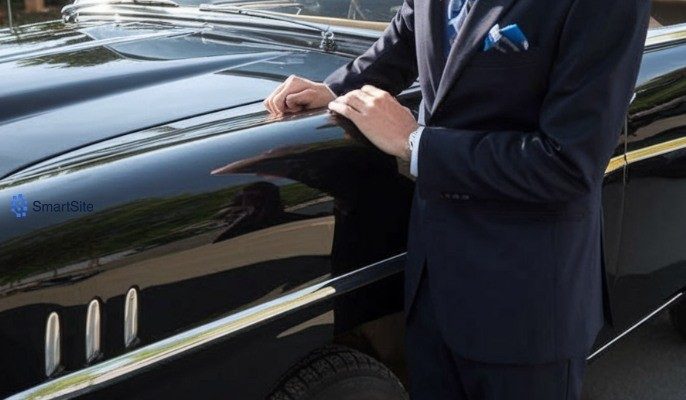At seventeen, I was still coming to terms with the loss of my grandpa. One day after school, I walked into a house filled with an unusual stillness. My mom, who was rarely home in the middle of the day, gathered me and my sisters in the living room. The seriousness in her voice made my heart race; I knew something was terribly wrong.
Grandpa had passed away at 82. He hadn’t suffered, and he had stayed active until the end. His passion for vintage cars was a huge part of my childhood. Weekends spent with him at car shows and working on his beloved Chevy Bel Air were some of my happiest memories. His love for engineering guided me toward my future career, something I wanted to pursue in his honor.
Every weekend, I looked forward to helping Grandpa clean and fine-tune his car. He would fill the ashtray with candy, a sweet gesture that meant a lot to me. While my sisters preferred spending time with our cousins, those weekends with Grandpa were special moments we shared together.
When I learned of his passing, my world felt like it was falling apart. I retreated to my room, overwhelmed by the grief. The next morning, still in my pajamas, I sensed a strange distance in my family. My sisters barely spoke to me, and I felt isolated. Seeking comfort, I approached my mom.
“Honey,” she began gently, “your sisters are upset. Grandpa left you the Chevy.”
I was stunned. Grandpa’s Chevy? I hadn’t even learned to drive yet, so it felt surreal.
But my mom’s next words hit even harder. “Since you didn’t get your license as I’d advised, I’ve decided to sell the car and split the money among everyone.”
It was devastating news. Grandpa had poured so much of his life into that car, and now it was going to be sold. I spent the day in my room, grappling with a mix of emotions—sadness, frustration, and loss.
Despite my protests, the decision was final. The car was sold, and watching it drive away felt like losing Grandpa all over again. That moment planted a seed in my heart: I vowed to one day get the Chevy back, no matter what.
My relationship with my mother became strained, and my sisters’ resentment only deepened my sense of isolation. But I was determined. I earned my driver’s license, worked hard in school, and pursued engineering with a passion fueled by the memories I shared with Grandpa.
Years later, at 27, I finally had the chance to fulfill my promise. I tracked down the car’s new owner, a man named Michael who shared Grandpa’s love for vintage vehicles. After a heartfelt conversation, he agreed to sell the Chevy back to me.
When I saw the car again, it was like no time had passed. It was as pristine as ever, with the same vibrant red paint and meticulous detailing. As I drove it home, I noticed something unexpected: an envelope tucked in the ashtray.
At a nearby gas station, I carefully opened the envelope, finding a note inside from Grandpa:
“Graham,
I hope you enjoy this car as much as I did. Keep her shining bright, just as I taught you.
Love,
Grandpa.”
Tears welled up as I read his words. I had finally brought the Chevy back home, and with it, a piece of Grandpa’s enduring love.
Driving home, the Chevy felt like more than just a car—it was a symbol of the bond I shared with my grandfather and the promise I had kept.



